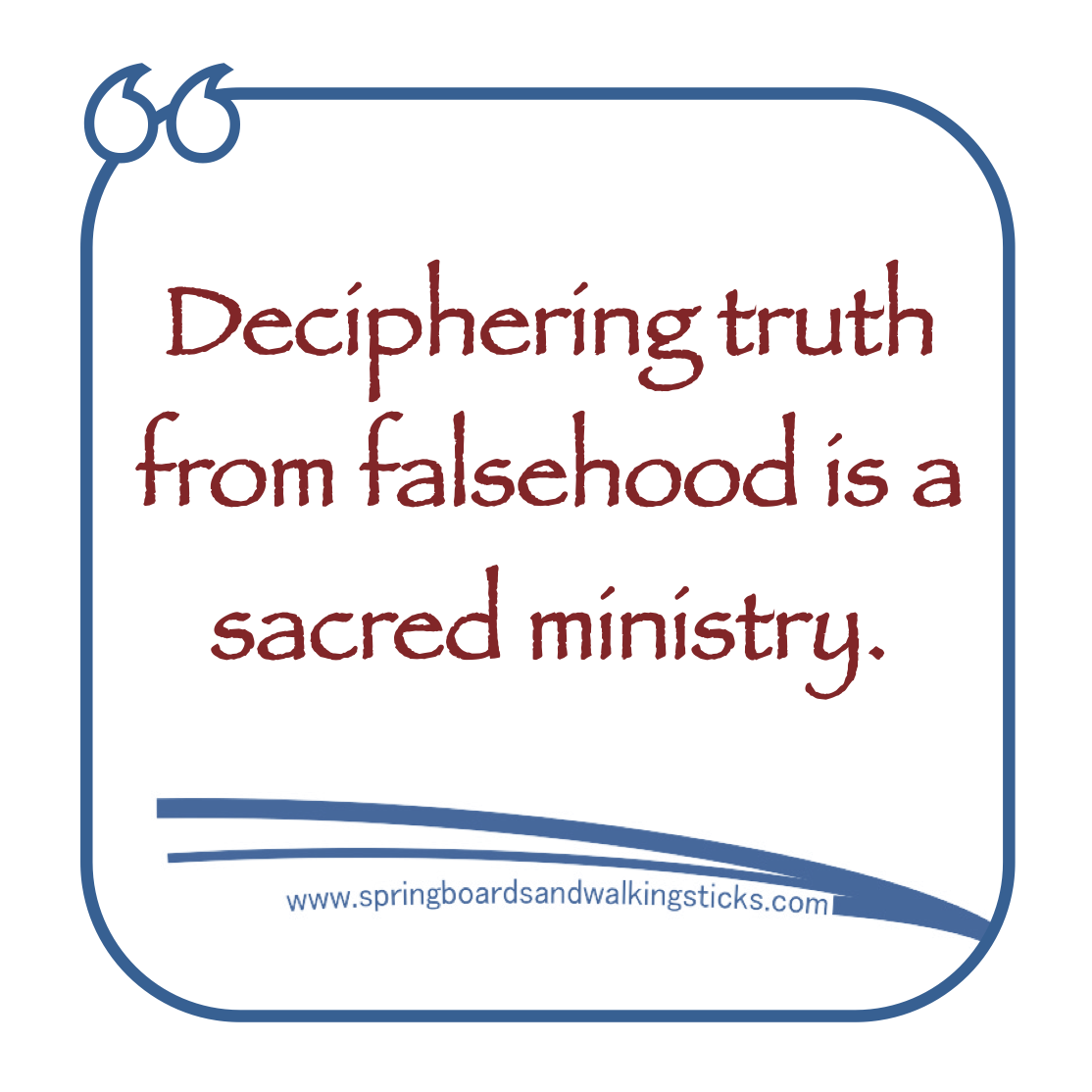Jesus was accused by some saying that he drove out demons, or worked mighty works by the power of Beelzebul, the chief of demons (Luke 11: 14-23). Today with the luxury of 2000 and more years of time in which we could witness and experience the indisputable truth and authority of Jesus, the discussions and arguments whether Jesus worked miracles through witchcraft and black magic does not affect us; we can easily leave them behind; for we know the truth. Even levelheaded Non-Christians esteem and respect the divine and benevolent intentions and powers of Jesus.
However imagine those days, when the prominent opinion makers of the time accuse Jesus of allying with the devil. It must have confused and startled the faith and religious commitment of the people who had accepted Jesus as their master, and were following him, especially the apostles. This is a repeated challenge in societies to distinguish between truth and falsehood. There are times when the virtuous is misunderstood; and there are times when the wicked appear in the garb of the upright. In Luke 4, we have the temptations of Jesus. The Devil came pretending to be good; offering hungry Jesus with bread, possessions, and power. In other words he offered him solace and success.
We live in an age of fake news, misinformation, repeated lies, propaganda, post truth, religious fundamentalism within Christianity and outside of it, and with the advent of the Internet and now AI we are flooded with falsehood and distractions. With smartphones in our hands there is no dearth of information. It was philosopher Francis Bacon who had said, ‘information/knowledge is power’. Now that we have plenty of it in our hands, we are becoming more and more confused, powerless, and vulnerable. Toady we are not able to clarify whether the information and knowledge that we have is true or not, whether to believe it or not. Yuval Noah Harari corrects Francis Bacon in his book, 21 Lessons for the 21st Century. He says, “In a world deluged by irrelevant information, clarity is power.”
Deciphering truth from falsehood is a sacred act. I believe that one of the relevant ministries that we can have today is to spend some time critical exploration. Ask fundamental questions like Jesus did here, ‘would Satan work against its own household, if it does would it not be destroyed?’ Spend time in reading, silent reflection, and prayer. Listen to one’s conscience, the inner voice that talks to us in the depth of our hearts.
Like in the case most other spiritual activities, like praying, caring for the sick, educating the illiterate, here too most of us can hardly afford time to look at the question of clarity and truth. We have excuses to give: we have to go to work, take care of the kids, or run our business. Unfortunately, history makes no concessions. If the future of humanity is decided in your absence, because you are too busy feeding and clothing your kids – you and they will not be exempt from the consequences.

Comments
Post a Comment